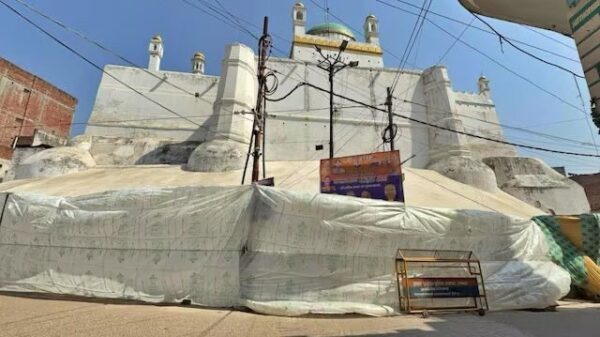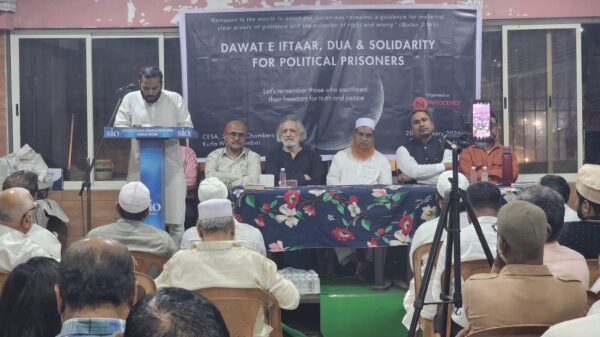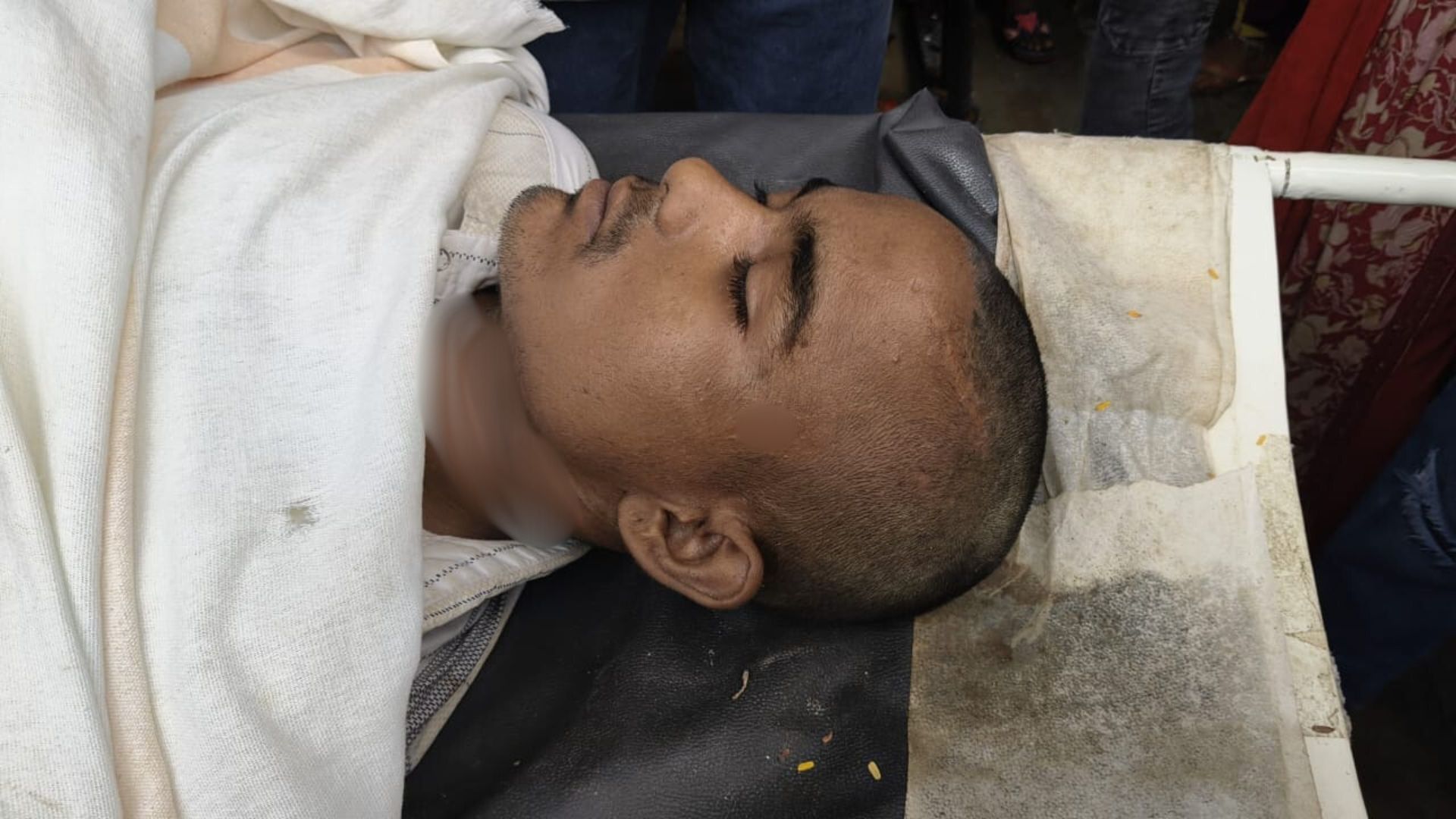Amzad Ali
The death of a 20-year-old Muslim youth in police custody in Bihar’s Siwan district has triggered anger and serious questions about police brutality and accountability. Faiz Anwar, son of Mohammad Aslam and a resident of Mohiuddinpur (Ward No. 02), was arrested by the Siwan police on July 31 in connection with an old theft case. Just two days later, on August 2, he was declared dead.
Police claim Faiz had fallen sick and was taken to the hospital, where he allegedly committed suicide. But his family firmly denies this, saying Faiz was tortured and murdered inside the lock-up. They believe his death was planned.
Faiz’s brother said, “I went to give him his belongings. There was an ambulance parked there for two hours. He was inside it, but no one paid attention. I ran after the ambulance to the hospital, but even there, nobody touched him for half an hour. I kept screaming, but nobody responded. Who is responsible for this?”
According to his family, Faiz’s body had deep marks on his neck that don’t look like they came from hanging. “He was murdered, choked to death. You can’t just die by hanging inside jail like that,” his brother said.
As news of the death spread, family members and local residents gathered in protest. They blocked the road in front of Siwan Sadar Hospital and demanded justice. “His brother went to see him. There was an ambulance. A policeman asked him for money—and that’s when he discovered Faiz was already inside,” a relative added.
Even after three days, no post-mortem report has been shared with the family. They say authorities have not spoken to them and have not followed basic procedures that are required in custodial death cases.
Supreme Court advocate Kaif Hasan, who is now supporting the family, called the situation a denial of justice. He said that in such cases, the government must act quickly to ensure transparency and begin an independent investigation. “There is no post-mortem report, no inquiry, no action. This is against both legal procedure and constitutional rights,” Hasan said. He has demanded that the Patna High Court oversee a judicial probe and that the police officers involved be suspended until the investigation is complete.
People across Siwan have joined protests. Student groups, human rights activists, and community leaders say the government is ignoring the case because Faiz was from a poor, Muslim family. Protesters want all official records released, including CCTV footage, police station logs, and hospital reports.
So far, there’s been no word on whether CCTV cameras were active inside the lock-up or hospital, whether a magistrate visited the scene, or whether Section 176(1A) of the Code of Criminal Procedure — which requires a judicial probe for custodial deaths — has been followed.
Jail Superintendent Devashish Kumar claimed that Faiz was already sick when he entered the jail on July 31 and that he tried to hang himself. “As soon as it happened, there was panic, and he was rushed to the hospital, but he died there,” he said. He added that an investigation is ongoing, and anyone found guilty will be punished.
But activists argue that such explanations have become too common. In many past cases, people have allegedly killed themselves in custody or died due to medical neglect—things that could have been prevented with proper checks and supervision.































































